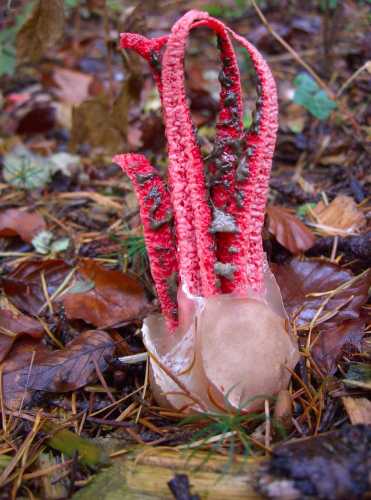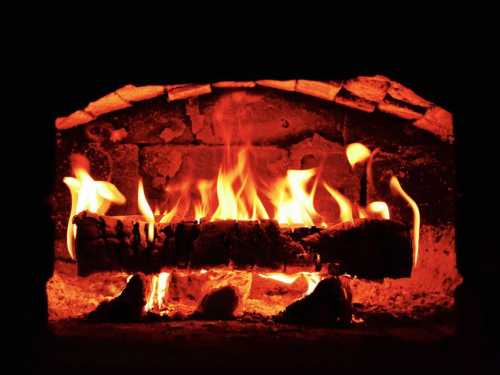Link copied Add to bookmarks Comments
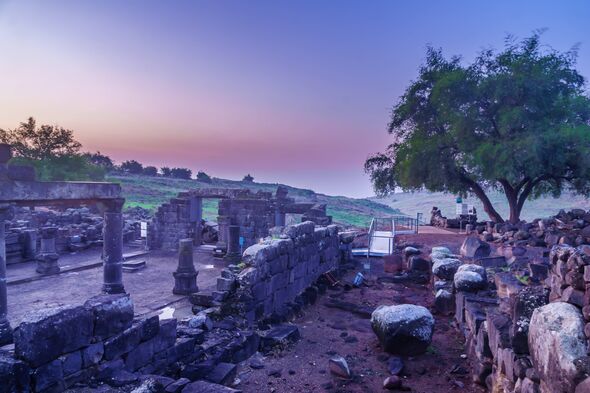
Scientists believe they have identified fragments of a religious building dating back to the beginning of our era. This discovery has been recognized as one of the key biblical artifacts of recent years.
The location, hidden under later layers for many centuries, is traditionally mentioned in religious texts in connection with the work of Jesus.
Article continues below ADVERTISEMENT
For generations, historians and pilgrims have linked the ancient settlement of Korazim with events described in the New Testament. According to the scriptures, Jesus not only healed the sick here, but later criticized the locals for rejecting his sermons.
The text of the Gospel of Matthew contains his words: “Woe to you, Chorazin! Woe to you, Bethsaida!” However, material evidence of the existence of a synagogue from that period was absent for a long time.
The breakthrough occurred during excavations in the Korazim National Park, where monumental basalt ruins of a cult building from the end of the 4th century were previously found. During a re-analysis of excavation materials from the last century in 2024, a research team led by Achia Cohen-Tavor discovered unique objects under a stone flooring, as reported by the Mirror.
During the process of clearing the building layers, large stone blocks were discovered, installed on a special platform, along with fragments of clay pottery, banknotes and household items.
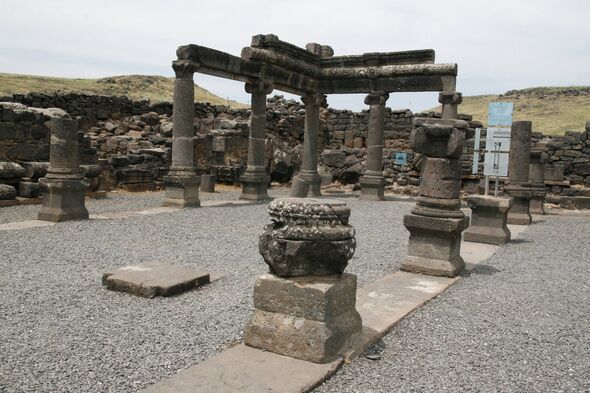
“This is a revolutionary discovery,” said Cohen-Tavor. “Having been involved in projects all over the world, I can confidently say that these are the most significant works of my career.”
Objects found in the spaces between the stones played a key role in the dating.
The pottery shards found by the researchers date back to the period in Jesus' life when, according to tradition, he visited Galilee.
In the documentary video, the archaeologist explained: “The exact time when the stones were laid is difficult to determine. However, the ceramics and coins between them, as well as the layers underneath, allow us to determine the chronology.”
The discovery sparked heated debate in the scientific community.
If the dating is confirmed, the stone foundations may turn out to be part of the structure described in the Gospels – the place where Jesus preached.
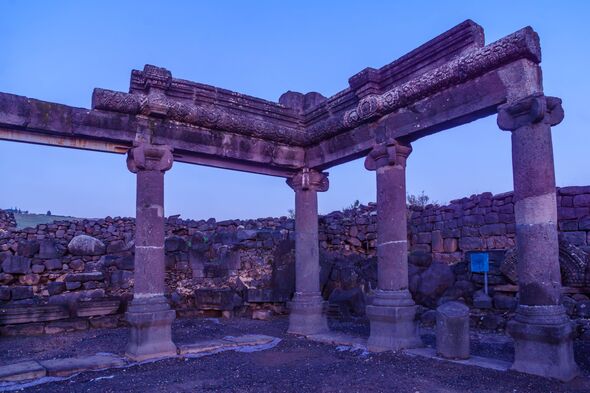
Experts advise caution, pointing out the need for further analysis. However, the archaeological team believes that the evidence collected is the most compelling in the history of studying ancient Jewish religious practices in the region.
The discovery also explains why previous expeditions missed earlier cultural layers.
Cohen-Tavor noted that the massive basalt boulders may have been mistaken for natural formations during the 1905 survey that revealed the late synagogue.
Thus, the ancient structure remained hidden for more than a hundred years.
The fourth-century synagogue, rising above the first-century ruins, is itself of considerable historical interest.
The dark basalt structure with three entrances is decorated with carved ornaments with Jewish symbols. Of particular interest is the “Seat of Moses” – a stone chair where the reader sat during the reading of sacred texts.
A mention of such objects is found in chapter 23 of the Gospel of Matthew, where Jesus addresses his disciples: “The scribes and Pharisees sit in Moses’ seat.”
Similar artifacts were later found in Hammat Tiberias and on the island of Delos in Greece.
Scientists are careful not to jump to conclusions. “The elements found only point to the possible existence of a first-century synagogue,” Cohen-Tavor said, stressing that further research is needed to draw final conclusions.
However, first-century pottery and coins are considered the most compelling evidence of Jewish religious practices in Chorazin during the life of Jesus.
SUBSCRIBE Invalid email address
We use your data to provide services in line with our commitments and to better understand your needs. This may include showing you advertising from us and partners based on your preferences. You can unsubscribe at any time. Details are in the Privacy Policy.
Sourse: www.express.co.uk


